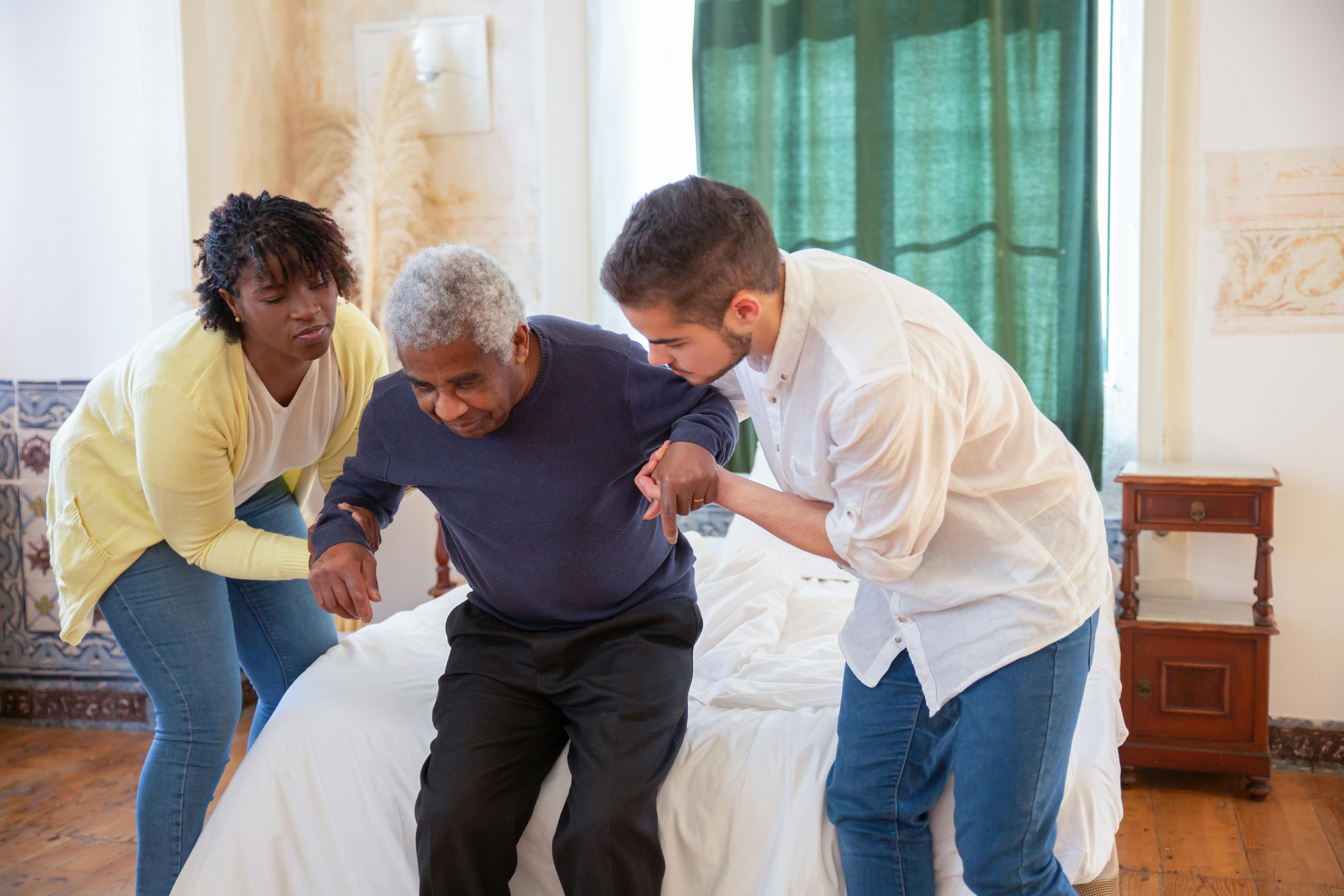
10 Essential Tips for Caring for the Elderly
- Assess Individual Needs
- Create a Safe Living Environment
- Daily Activities Support
- Encourage Independence
- Mental and Emotional Support
- Medication Management
- Regular Health Check-ups
- Communication
- Maintain a Routine
- Seek Support
Health Conditions: Understand any medical issues, medications, and dietary restrictions.
Mobility and Physical Limitations: Evaluate their ability to move around safely.
Fall Prevention: Remove tripping hazards, install grab bars, and ensure adequate lighting.
Emergency Preparedness: Have emergency numbers accessible and ensure they can easily reach help.
Personal Care: Assist with bathing, grooming, and dressing as needed.
Meal Preparation: Provide nutritious meals, accommodating dietary restrictions and preferences.
Foster independence by allowing them to do tasks they can manage while offering help when necessary.
Companionship: Spend quality time together to reduce feelings of loneliness.
Engagement: Encourage hobbies, social interactions, and mental exercises to keep their minds active.
Help organize medications and ensure they are taken as prescribed. Consider using pill organizers or reminders.
Schedule and accompany them to medical appointments, ensuring follow-up on any health concerns.
Listen actively and communicate clearly. Be patient and allow them time to express themselves.
Establishing a daily routine can provide structure and comfort, making it easier to manage daily tasks.
Don’t hesitate to reach out for help from healthcare professionals, community services, or support groups for caregivers.
Providing care for elderly individuals is a rewarding yet challenging task. By understanding their needs and fostering a supportive environment, you can significantly enhance their quality of life. Remember, self-care is also essential for caregivers, so take time to recharge and seek support when needed.
